COLUMN: Covid-19 isn’t over. And I’m proof.
Credit: Eric Henry
New signage of pandemic protocols are seen throughout DePaul’s campus life.
“It is what it is.” Those five words, in context, constitute what is arguably one of the most disgusting, inhumane statements of the Trump presidency thus far.
Over 150,000 people had died. It is what it is. I heard that statement only a few hours before my Covid-19 test came back positive. I wasn’t in Chicago; I was in a little town about an hour and a half west of the city with my family — right in the middle of the region that’s facing new mitigation measures right now. I watched every single member of my family test positive. I know what it means to go through that.
In writing this, I want to make three things very clear. First, we did everything we were supposed to do. We wore masks, we socially distanced. When we got sick, we quarantined. We didn’t do anything that put us at higher risk to contract this virus.
Second, this virus is not a binary thing. This isn’t a situation where you either have no symptoms or you die. There is so much grey area in between and that grey area carries risks of long-term symptoms, inflammation, and organ damage.
Third, and most importantly for the people reading this, you can be young and healthy and get extremely ill. I am a healthy nineteen-year-old whose only chronic, relevant health condition is lactose intolerance. I spent two weeks in a fetal position at the height of it. I won’t list off every symptom I experienced in order to preserve a shred of privacy on this matter and to protect my own dignity. I will not speak on my family’s experience, and I will not act like I speak for every single person who has had to go through this. I speak only for myself.
It’s been almost nine weeks since I started having symptoms. I know that because this isn’t something that’s confined to a week or two weeks, this isn’t something where you’re sick and then you aren’t.
The first three weeks were what I describe as the initial illness — it was the part where I couldn’t breathe, I had a fever, I couldn’t eat at all. The best way I could describe it is the worst flu imaginable, the worst case of strep throat imaginable, and the worst stomach bug imaginable — all at the same time and all amplified by a hundred.
Those first three weeks constitute the worst experience of my life so far. It was painful, terrifying, absolutely infuriating. Painful, because the symptoms are the worst thing I’ve experienced in my life. Terrifying, because when you’re in the middle of it, you don’t know how you’re going to get through it, how your loved ones are going to get through it.
It is absolutely infuriating to watch people online, talking about how Covid-19 isn’t a big deal, saying that it’s overblown and we should all just get on with our lives. “I would only wish this on a denier, so maybe they would understand what this feels like.”
That isn’t a sentiment I’ve willingly expressed, but it’s one I understand completely. I don’t get to just get on with my life. I don’t get to act like Covid-19 is the new normal, because it destroyed my normal.
I’m not telling you this to scare you, even though the experience itself is absolutely terrifying. I’m telling you this because when I was sick, there was no Covid-19 support group I could call up and ask if what I was feeling was normal or not. And trust me, going down the rabbit hole of internet Covid-19 symptom articles will make you wish you had locked your phone in a safe before the fever brain kicked into high gear.
Instead of having the support I needed more than anything at the time, I realized a few things about what people think of Covid-19. First of all, there are two responses when people find out you have it. The first is from anti-maskers and those that deny the severity of the pandemic. These people want you to prove their belief that it can’t be that bad. The second you contradict that view, they write off your experience completely.
The second response is from those that listen to the science. They care about how bad this is, but they tend to not know how to respond when they hear what’s going on. Second, when you’ve had it, you become very sensitive to all of the Facebook comments and talk about how it can’t be as bad as people say it is. If you haven’t had it and been symptomatic, you have absolutely no right to tell me that it couldn’t have been that bad.
There seems to be a narrative circulating from some professors that the pandemic isn’t new anymore so there’s no need to ease up on the pressure. I’m angry that I even need to explain this, but it doesn’t matter that the pandemic isn’t new.
We are walking into what is likely going to be the most destructive episode of the pandemic. Students are going to get sick; they’re going to have friends and family who get sick. They might lose family members, loved ones, friends to this. Saying that the pandemic isn’t shocking enough anymore to warrant concessions discounts all the pain that so many people are experiencing right now and it is downright offensive to anyone who has actually had to suffer through this.
We are seven months into this and we shouldn’t act like this is a new normal. Normalizing this will almost certainly make the inevitable worse, there is no evidence that herd immunity can be established for this, there is no evidence that this is going to end before next summer at the very earliest. Acting like we need to treat the pandemic as normal discounts the tragedy of it, the pain associated with it.
The trauma of Covid-19 doesn’t end with the initial illness. After those first three weeks, I had to reckon with the lingering symptoms of Covid-19. I spent weeks with extreme fatigue, muscle weakness, muscle aches, and brain fog. It felt like I wasn’t me. I still can’t do everything I’d like to. Physically, I’m still too weak to run, to work out, to walk as much as I used to. I’m rebuilding my life, physically. After weeks of brain fog, I’m finally able to see how bad it really was. I’m trying to rebuild my mind, trying to figure out how to think differently. Because it still feels like I’m not completely myself. Covid-19 doesn’t end with that initial illness. It completely upended my life.
I was happy when DePaul announced that almost everything was going to be online this year. I knew what it meant to go through Covid-19 and I knew that opening up would end with hundreds, if not thousands, of students in the same position I was in. I’ve watched the college in my hometown open up and subsequently go online for the majority of September. Opening universities again was arguably the worst decision that could’ve been made this fall, and we’re already seeing the consequences of it.
I’m not writing to garner sympathy, I’m not writing because I think I speak for everyone who has gone through this. I’m writing this because we can do better. I’m writing this as someone who has had to suffer through this, who is still trying to figure out how bad the long term effects are going to be. This isn’t over and this isn’t normal. Acting like it’s over and this is just our new normal is dangerous and it’s infuriating to the people who’ve gone through it.


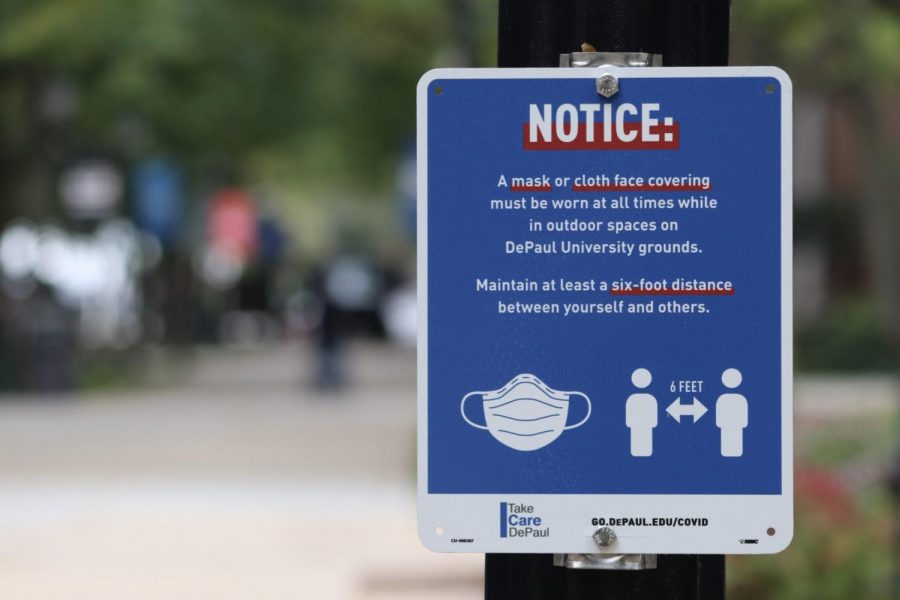
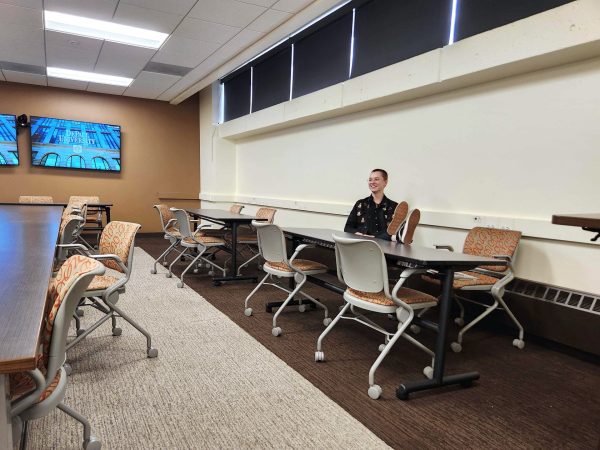
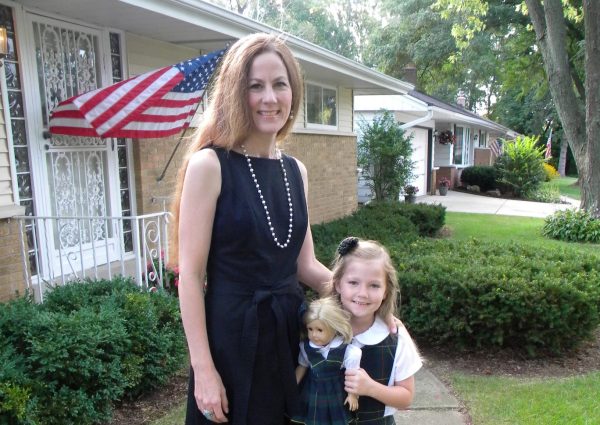
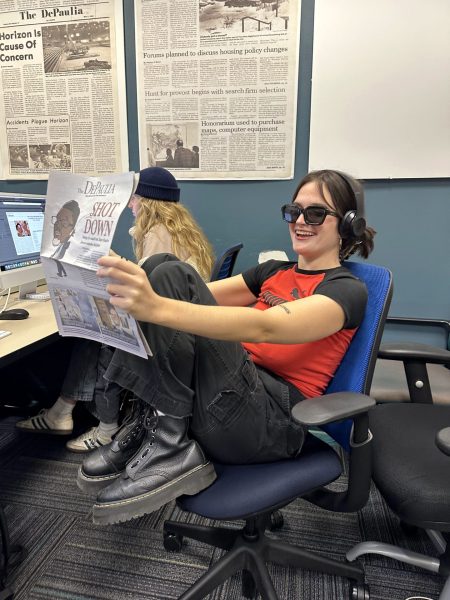
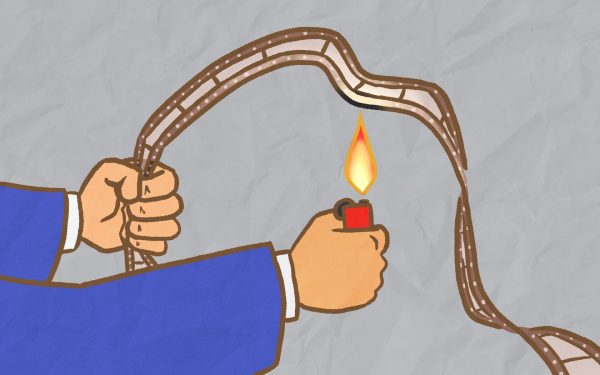
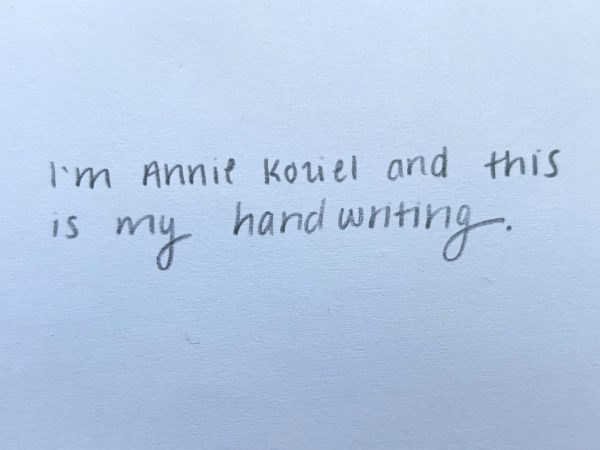
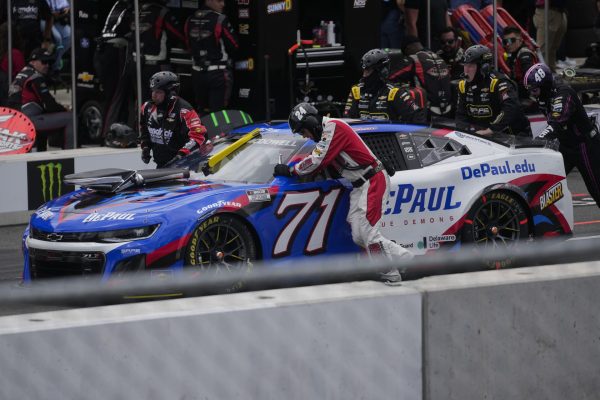


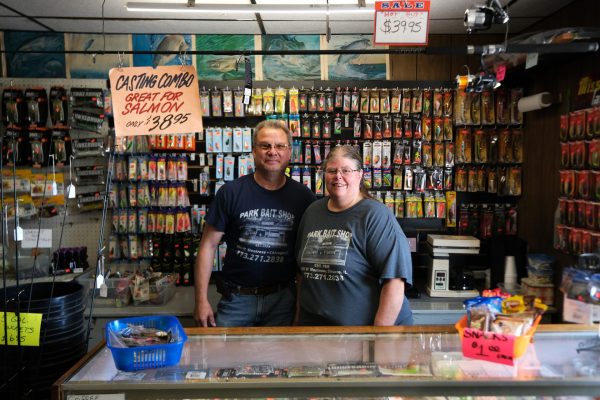
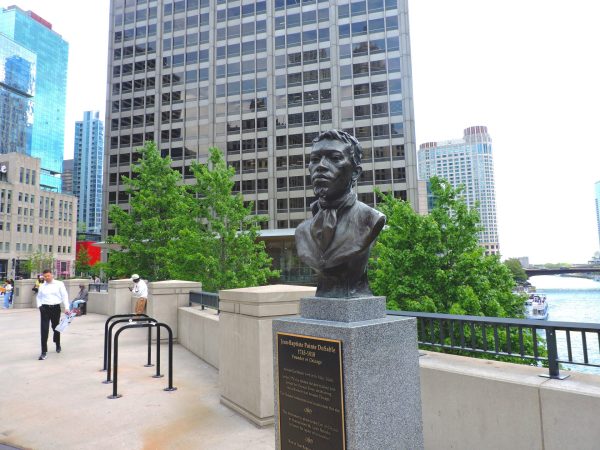
Shlomo / Oct 4, 2020 at 10:42 pm
shouldn’t you be blaming China for unleashing this plague? If students are healthy what gives you the moral authority to criticize them wanting to receive the education they pay for? If you want to go to an online school their are plenty of subpar ones out there for you to choose from dude